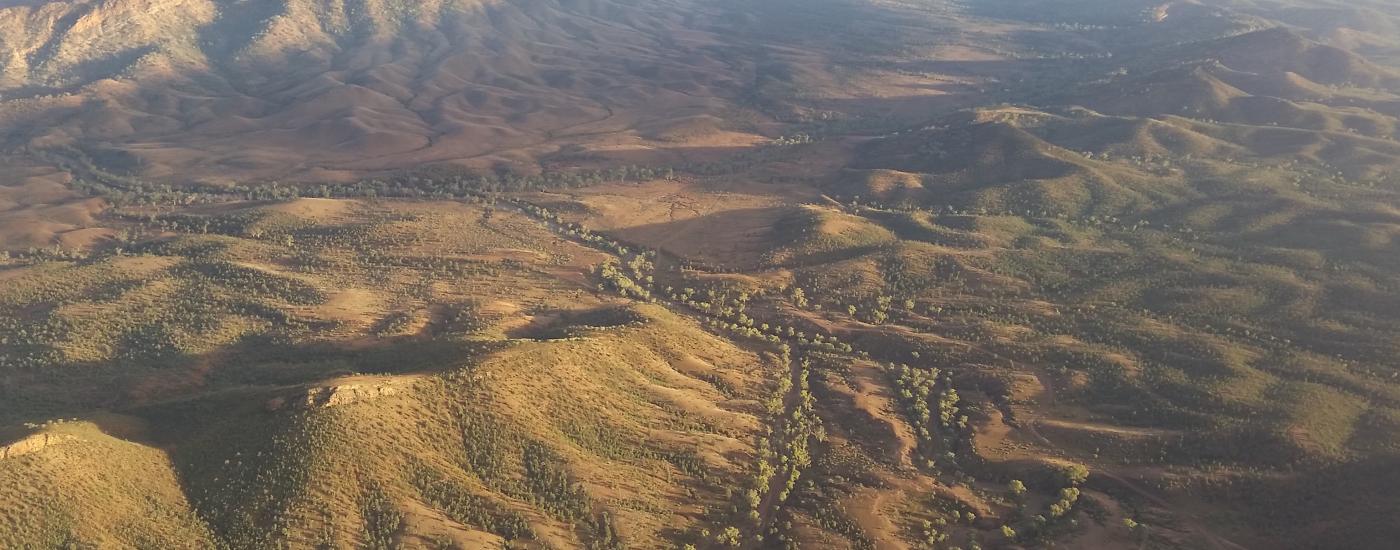You are here
Earthcare Discussion Papers

These Discussion Papers are published as part of a series exploring contemporary Quaker thinking on a range of critical environmental issues. The papers are written by a range of authors with expertise in the relevant area.
Paper: Towards a Vision of a Peaceful and Sustainable Australia
This booklet offers a vision of hope, at a time of increasing realisation that human action is causing potentially irreversible ecological degradation of planet Earth.Towards a vision of a peaceful and sustainable Australia offers an inspired picture of a future ethical and sustainable society. Compiled by a small dedicated team of Quakers drawing on contributions and ideas offered by other Quakers around Australia, the writers envisage a better world for our children, one in which the Quaker Testimonies of Peace, Simplicity, Equality, Community and Integrity flourish.
Paper: A Cowboy or a Spaceman Economy
Our current economy is not based on modern science. Kenneth Boulding called it a cowboy economy. He proposed instead a spaceman economy.
Paper: On Energy
Our economy and way of life is based on cheap and available energy, particularly energy from fossil fuels. Such energy is becoming more difficult to obtain. The cost is likely to increase and eventually lead to recession. Such fuels also contribute to global warming. Humans need to live with less and use energy that is renewable and sustainable.
Paper: Our Ecological Footprints
The ecological footprint is a well-validated measure of human impact on the earth's biologically active land and water. Australia's ecological footprint per capita is amongst the highest in the world at about 7 hectares per person. But there is only enough biologically active land and water available on planet Earth to sustain a population of about 7 billion people using about 1.8 ha per person.
